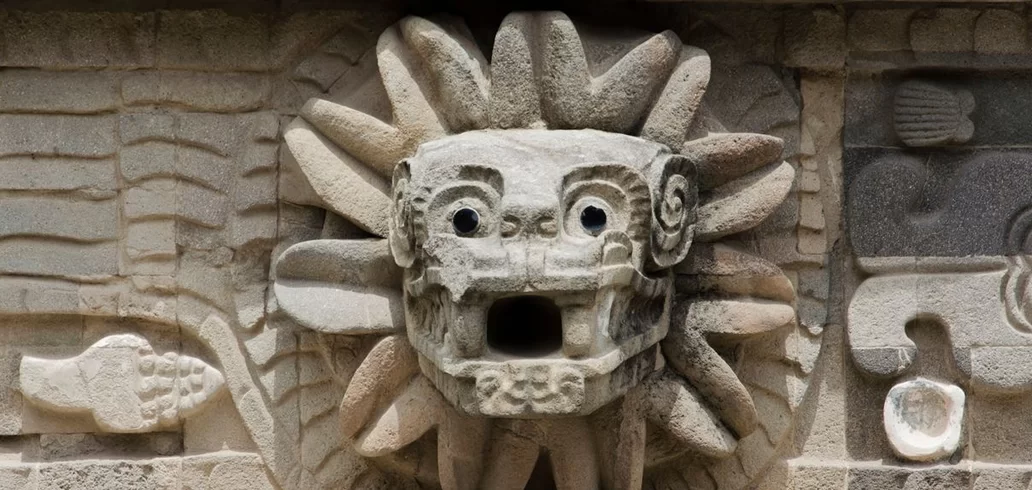News
Matabele ants produce natural antibiotics to treat battle wounds, study claims
Advertisement
The study revealed that injured ants receive special attention within the colony. Other ants work to help clean and heal the wounds. In addition, injured ants are often treated with secretions from their own glands, which contain natural antibiotic compounds. These antibiotics help prevent infection and promote healing.
This discovery is fascinating because it shows how ants have developed sophisticated strategies to care for each other and maintain colony health, even in challenging environments like the battlefield.
Advanced diagnosis of infections
Advances in infection diagnosis have been significant in recent years, with several emerging technologies and innovative approaches being developed to detect and identify pathogens accurately and rapidly. Some of the areas of advancement include:
1. **Molecular testing:** Nucleic acid tests, such as polymerase chain reaction (PCR) and isothermal nucleic acid amplification (LAMP), allow specific detection of pathogen genetic material, providing rapid and sensitive diagnoses.
2. **Next-generation sequencing (NGS):** NGS has revolutionized the ability to identify pathogens and understand their epidemiology. It enables comprehensive genome analysis of microorganisms present in a sample, which is crucial for identifying new strains and determining antibiotic resistance patterns.
3. **Proteomics-based testing:** Analysis of specific proteins or protein expression patterns can provide valuable information about the presence and nature of an infection, complementing traditional diagnostic methods.
4. **Biosensors and Microfluidic Technologies:** Microfluidic devices and biosensors offer rapid, portable diagnostics, ideal for use in resource-limited settings or for continuous monitoring of infections.
5. **Artificial intelligence (AI) and machine learning:** AI algorithms are being applied to analyze large sets of clinical and epidemiological data, aiding in early diagnosis, predicting outbreaks and selecting personalized treatments.
These advances are transforming the ability to diagnose and treat infections, enabling faster, more effective responses to a range of infectious diseases, from common bacterial infections to emerging diseases and biological threats.
Contribution to medical research
Matabele ants and their ability to produce natural antibiotics to treat battle wounds offer a unique opportunity to contribute to medical research. Here are some ways this discovery can be leveraged:
1. **Development of new antibiotics:** Studying the substances produced by Matabele ants may lead to the identification of new compounds with antibacterial properties. These compounds could be exploited to develop new antibiotics for use in humans, especially at a time when antibiotic resistance is a global concern.
2. **Wound Treatment:** Understanding the mechanisms by which ants use these natural antibiotics to treat wounds could inspire new approaches to treating wounds in humans. This could include developing dressings or ointments that mimic the effects of the antibiotics produced by ants.
3. **Research on social behavior and health:** Studying how ants care for each other in conflict situations can provide valuable insights into health-related social behaviors in humans. This could inspire research on community health care, social support in times of crisis, and interventions to promote healthy behaviors in groups.
4. **Model for resilient health systems:** Ant colonies are highly organized and resilient systems. Studying how they cope with injury and infection may offer lessons for developing more adaptive and resilient health systems in humans, especially in emergency or crisis scenarios.
In summary, Matabele ants represent not only a fascinating discovery of nature, but also a potentially valuable source of insights and inspiration for medical and health research.
Trending Topics

Featured Profession: Everything You Need to Know About a Career as a Cleaning Manager
Everything you need to know about the cleaning manager profession: tasks, profile, challenges, and current career outlook. Learn more about this profession.
Keep ReadingYou may also like

Bumble is different: female control and millions of real connections
Bumble is a dating app that combines female control, verified profiles and real connections in a safe and modern environment.
Keep Reading


